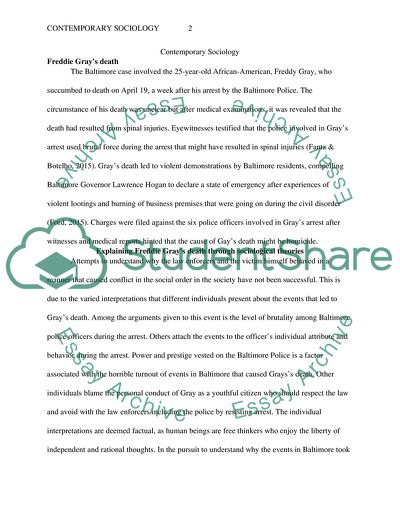Cite this document
(“Contemporary Sociology: Applying Theories Essay”, n.d.)
Retrieved from https://studentshare.org/sociology/1694703-contemporary-sociology-applying-theories
Retrieved from https://studentshare.org/sociology/1694703-contemporary-sociology-applying-theories
(Contemporary Sociology: Applying Theories Essay)
https://studentshare.org/sociology/1694703-contemporary-sociology-applying-theories.
https://studentshare.org/sociology/1694703-contemporary-sociology-applying-theories.
“Contemporary Sociology: Applying Theories Essay”, n.d. https://studentshare.org/sociology/1694703-contemporary-sociology-applying-theories.


